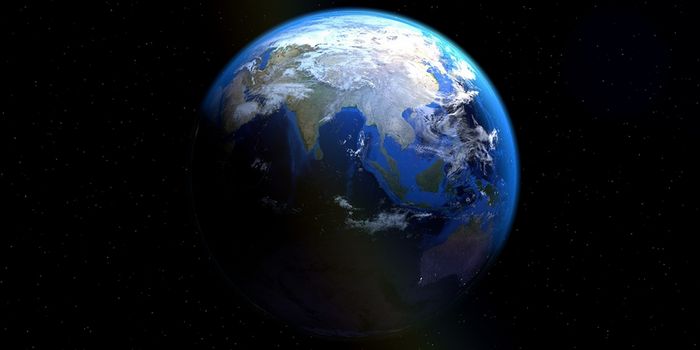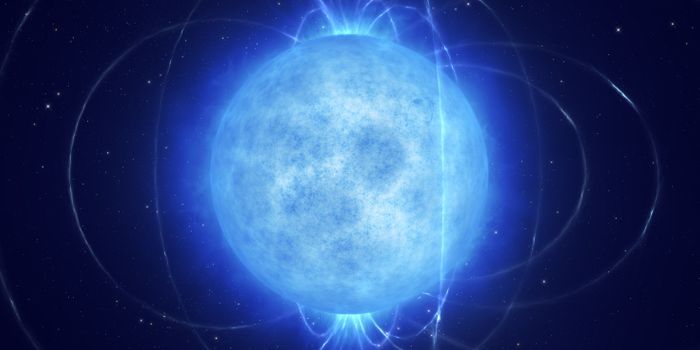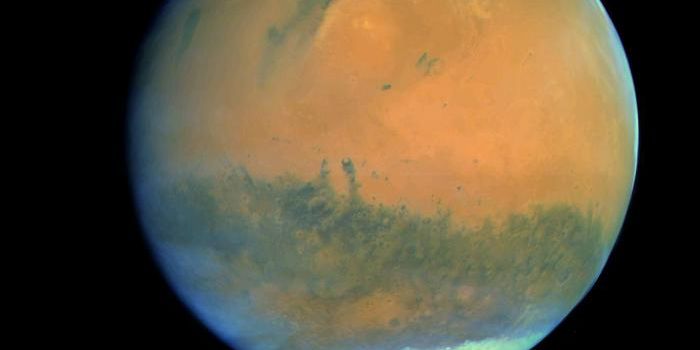Tropical ozone hole larger than Antarctic ozone hole
In a recent single-author study published in AIP Advances, Qing-Bin Lu, a scientist from the University of Waterloo in Ontario, Canada, discusses a large and year-round ozone hole presiding in the lower stratosphere over the tropics (30°N-30°S) that has existed since the 1980s. An ozone hole is interpreted as an area of ozone loss greater than 25% when compared to the undisturbed atmosphere. While the depth of this tropical ozone hole is the same as the well-known springtime Antarctic ozone hole, it possesses an area approximately seven times greater than the latter.
"The tropics constitute half the planet's surface area and are home to about half the world's population," said Lu. "The existence of the tropical ozone hole may cause a great global concern. The depletion of the ozone layer can lead to increased ground-level UV radiation, which can increase risk of skin cancer and cataracts in humans, as well as weaken human immune systems, decrease agricultural productivity, and negatively affect sensitive aquatic organisms and ecosystems."
Like the Antarctic ozone hole, this tropics ozone hole was observed to have a decrease of about 80% of its normal ozone value at the center of the hole. Previous studies indicate ozone reduction levels over corresponding equatorial regions are already putting large populations in danger while the corresponding UV radiation reaching these locations is far larger than expected.
Lu says his findings hope to give us a better understanding of climate change while explaining that the polar and tropical ozone holes play a major role in regulating both regulating and cooling stratospheric temperatures.
"The present discovery calls for further careful studies of ozone depletion, UV radiation change, increased cancer risks, and other negative effects on health and ecosystems in the tropical regions," explains Lu.
The study states that its findings “…will have significances in understanding planetary physics, ozone depletion, climate change, and human health.”
Sources: AIP Advances
As always, keep doing science & keep looking up!









